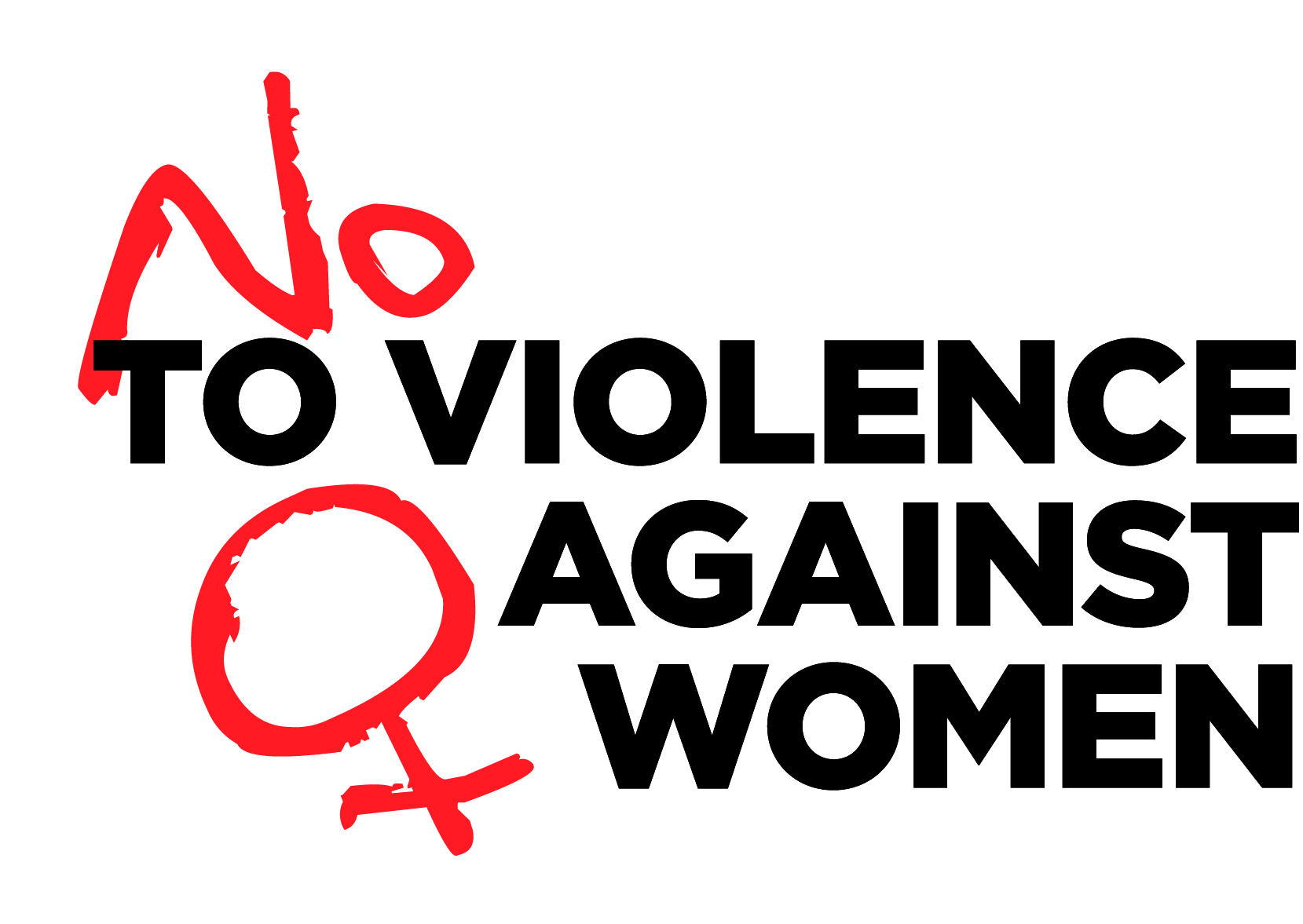Education trade unions at the forefront of the campaign to eliminate violence against women
Published:
On 25 November 2018, the global community will be celebrating International Day for the Elimination of Violence Against Women, which kicks off the annual 16 Days of Activism Against Gender Violence campaign. “Orange the World #HearMeToo” has been chosen as this year’s theme, to shine a light on female victims’ testimonies and demand an end to impunity for those committing abuse.
This day has sparked a renewed call for an ILO Convention and Recommendation against gender-based violence at work by ETUC and ITUC, who have stressed that this could be the impetus for new EU Directives that would require all workplaces to have procedures for dealing with violence and harassment. In addition, the European Commission will be holding a conference entitled Ending Violence Against Women - Taking Stock and Next Steps and the European Parliament will host a public hearing on children victims or witnesses of gender-based violence, organised by the FEMM Committee.
Bullying, and in particular cyber-bullying, is a central focus of this campaign with women and girls being particularly vulnerable on digital platforms. A recent study by EIGE revealed that 51% of young woman and 42 % of men hesitate to engage in social media debates after experiencing online abuse. Cyberbullying is forcing women and girls to self-censor or abstain from presenting their views online and preventing them from being fully active citizens.
Education organisations and trade unions worldwide are taking an active role in this campaign. On this day, Education International will be releasing the mid-term report of its programme on school-related gender-based violence, in conjunction with UNGEI, which aims to tackle the marginalisation of girls due to gender stereotypes, sexual harassment and assault in schools, and gender-based bullying.
Through its projects on the prevention of cyber-harassment and third party violence in the education sector as well as the ETUCE action plan on preventing and tackling violence in schools, ETUCE and its member organisations continue their actions determined to end bullying and violence against women. What is more, education trade unions have responded enthusiastically to this campaign across the continent. Amongst the contributions are campaigns to adopt a zero-tolerance approach towards sexual harassment in schools and to tackle sexism through a whole school approach and collective action from NASUWT and NUT in the United Kingdom. In Spain, FeSP-UGT and FECCOO have been devising trade union strategies to put an end to violence against women as well as demanding compliance with the Istanbul Convention using the hashtags #VidasNoNúmeros and #VivasLibresUnidas. In France, SNUipp and FSU are calling on its members to join the feminists who will be marching nationwide this Saturday 24 November using the hashtag #NousToutes on what they hope will be a powerful day of action and solidarity. In Bulgaria, SEB has raised awareness about the shocking abuse that teachers face from pupils’ parents and has launched their No to Violence against children, students, and teachers this year. Furthermore, in Sweden and Norway, university educators are actively campaigning for the elimination of sexual harassment within the academic community under the hashtag #metooakademia, which seeks to implement quality assurance procedures for handling unwanted sexual behaviour and to ensure that such procedures are familiar to staff and management. Lastly, German trade unions VBE and GEW have been fighting to protect teachers from violence and showing support for this cause by carrying out a VBE survey and proudly hanging out the “terre des femmes” flag in the GEW office on Sunday 25 November.
Susan Flocken, European Director of ETUCE, stated that all education institutions must be safe and secure to ensure the best possible setting for teaching and learning. ETUCE is committed to promoting the involvement of education trade unions in identifying anti-cyber harassment measures in the education context.